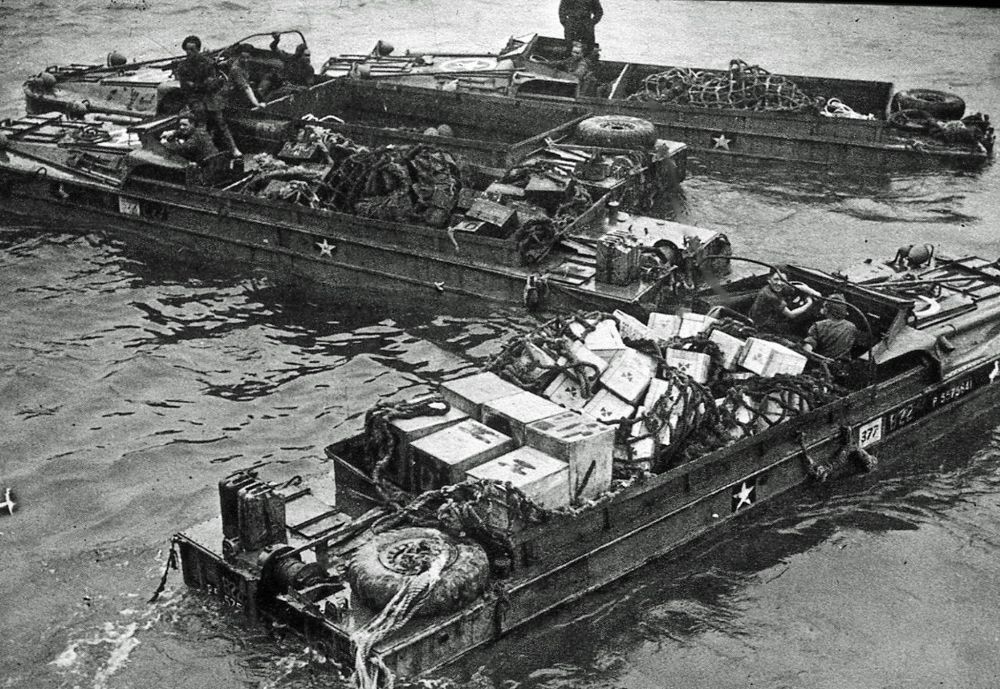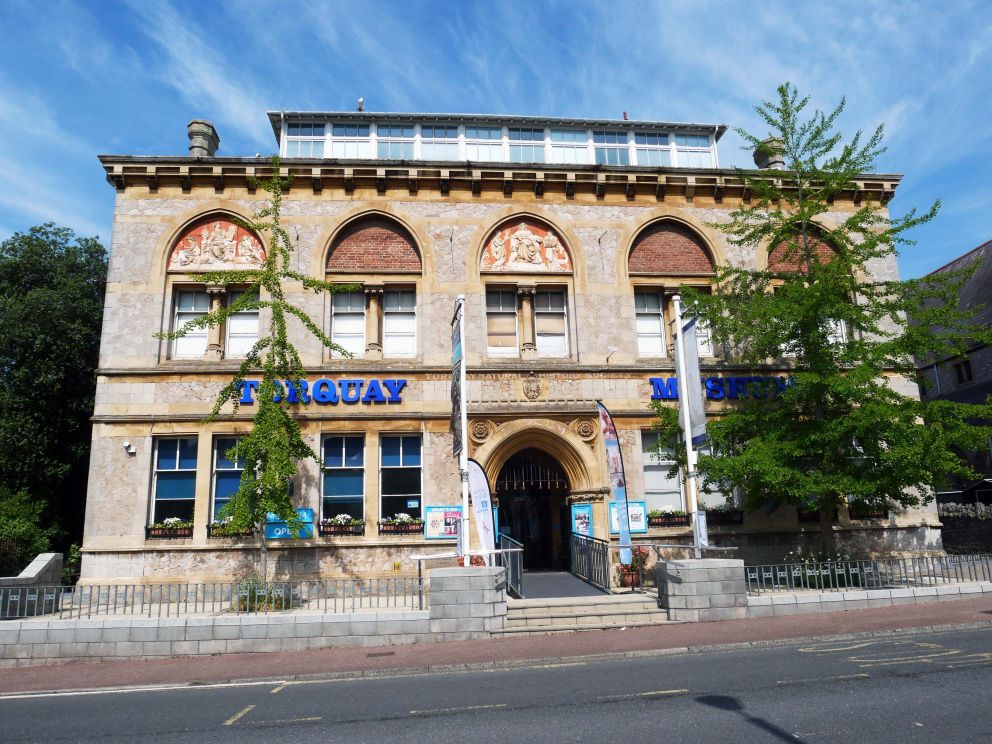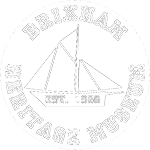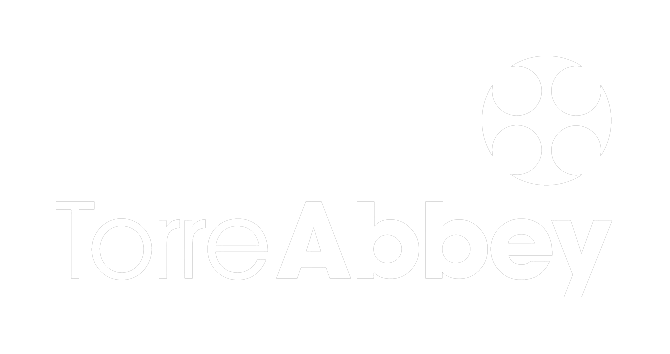Oral History
Oral History is an important way for the Museum to collect memories and ensure that there is a living history of the events, cultural heritage and social life of Torbay.
In 2003 the Oral History Group was formed to undertake an Oral History project, initially funded by the Heritage Lottery. The aim of the project was to increase awareness of the effects of the Second World War on the cultural heritage, customs and traditions of the people who lived and worked in the Torbay area with the first phase of the project concentrating on the events of D-Day on 6 June 1944. Other outputs from the project included a permanent oral history archive, stored and publicly available in the Museum and a CD resource available through local museums and libraries and through the Museum’s website and the Local Heritage Initiative website. The project identified key areas of interest in the war locally:
Read More 

The Evacuees
At the beginning of the War, nearly three million people, most of whom were school children, were transported from towns and cities to places of safety in the countryside. The exodus from the cities was largely successful, however, many of the receiving areas were overwhelmed and in some cases there were insufficient rations or even beds.
In Torbay, evacuees were made as welcome as possible. Local schools swelled from the huge influx of children, older children helped with the war effort, for example by working on the allotments and at Christmas time parties were held in such places as St Marychurch Town Hall.
Read More 

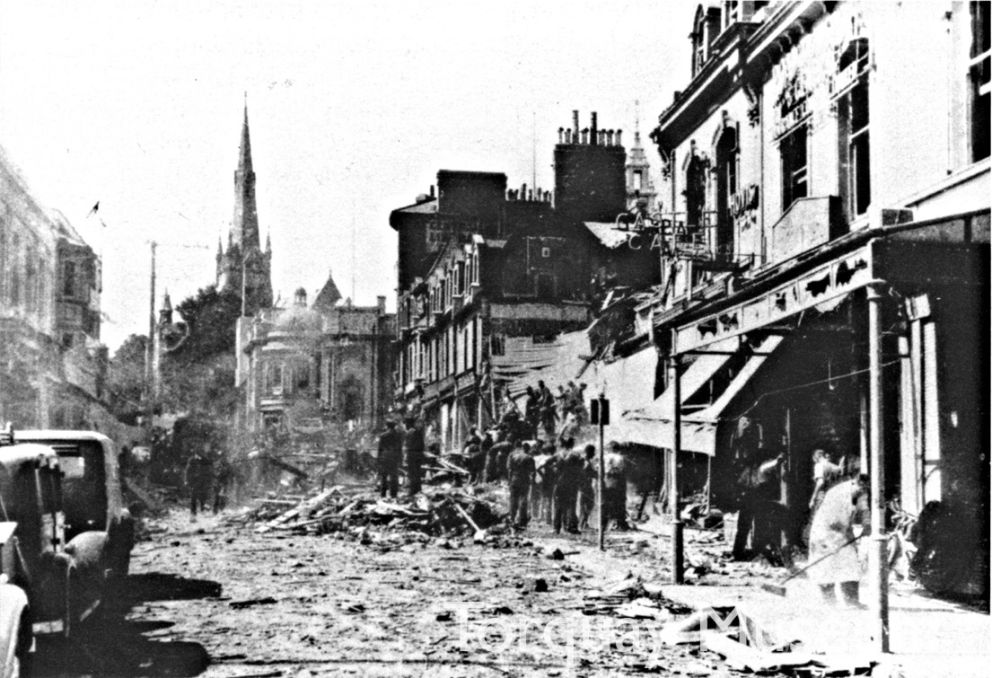
The Home Front
At home, rationing encouraged ingenious cooking, e.g. mock pineapple made from cooked turnip! Many people would supplement their diet with home grown vegetables and once the Americans arrived there was always the chance of a ration pack! In 1940 Lord Beaverbrook became Minister for Aircraft Production and he mobilised the public to collect money and materials to build more airplanes. Pots and pans from houses all around Torbay as they were collected in to stores located in Paignton and Vaughan Parade, Torquay.
The RAF in Torbay
Over the course of the war some 50,000 cadets passed through basic training in Torbay. Local hotels provided accommodation and sites across the Bay became offices and classrooms with the Spanish barn at Torre Abbey becoming a gym!
American Forces
In spring 1944 preparations for the invasion of France began. More than 60,000 US infantrymen and 35,000 seamen moved into Devon. In Torbay, huge convoys began to arrive, directed by white helmeted military police, known as “snowdrops”. Many of the men were quickly billeted in local homes while others remained in camps in the local parks. Communal canteens were also set up on open ground such as on the Green at Chelston.
Generally the Americans were known to be better off than their English counterparts, with plentiful rations and they even had their own supermarket in the old coach station in Torwood Road. Most Americans spread their good fortune, handing out chocolate and gum to local children and helping others with spare rations.
Since the completion of the initial project the Oral History Group have gone on to make additional recordings such as Seaside Memories. All of these recordings are available by appointment.
Read More 

Support Torquay Museum
Did you know that whenever you buy anything online – from your weekly shop to your annual holiday – you could be raising free donations for Torquay Museum with easyfundraising? Find out how!
Stay Connected with Our Newsletter
Be the first to hear our latest news by signing up to our newsletter. Also don't forget to follow us on social media - @torquaymuseum.








